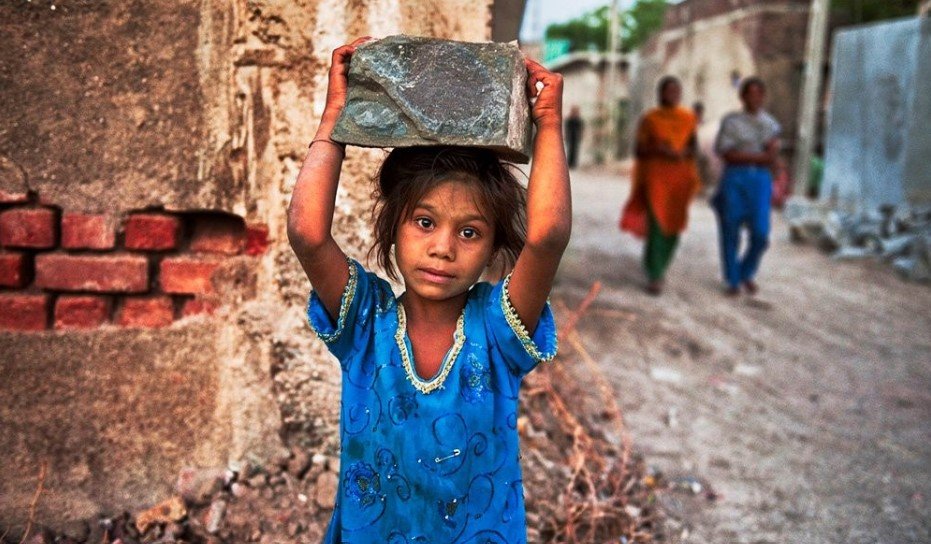Social Sustainability
Mzuzah operates as a social impact consultancy while also being affiliated with Social Impact Events Management and economic development. This underscores a significant aspect of a business, which is social sustainability. In essence, social sustainability can be associated with people/stakeholders that have an interest in the business/company/organization or are providing certain benefits to the working of the company. Stakeholders can be broadly divided into employees and the supply chain, society, and the community. What this essentially means is that when a sustainability manager of a big organization gets into the decision-making process of any relevant aspect of the company, he/she needs to focus on the stakeholders in order to make a decision that has a positive social impact.
Having mentioned the fundamental features of social sustainability, a more elaborated way of defining this term was proposed precisely by WACOSS, Western Australia Council of Social Services: “Social sustainability occurs when the formal and informal processes; systems; structures; and relationships actively support the capacity of current and future generations to create healthy and livable communities. Socially sustainable communities are equitable, diverse, connected and democratic and provide a good quality of life.”
Hence, social sustainability in businesses has gained immense significance since the triple bottom line (TBL) framework that encapsulates social, environmental, and financial is used as an indicator to recognize the overall performance of the business. The main concept to accentuate here is that a company/ organization/business’s success should not be associated only with the profit-maximization goal, but it goes beyond that, delving into the impact on people of the company’s functioning. The prime reason for social sustainability being an important factor in discussing a company’s performance is that if the employees, partners, and suppliers are treated with respect and dignity, then it is only rational to expect a more productive and devoted performance. The social sustainable framework highlights several matters that need to be put in the spotlight more frequently; these can vary from human rights to Labor and Decent work to Gender Equality.
Human rights aim to make people more cognizant of the fact that somebody’s ethnicity, skin color, sex, language, nationality, and country should not be linked to any sort of discriminatory attitude from the business to its stakeholders. Based on promoting human rights, what businesses can work on is creating a more inclusive workplace environment, allowing the workers to participate in unions, or taking other small yet significant steps to slim the human rights coherence gap. The " 2020 Corporate Human Rights Benchmark shows that 46% of all companies assessed failed to score any points under the benchmark’s due diligence indicators.” In fact, it is noteworthy to mention that the seventeen sustainable development goals cannot be met adequately without taking action to grapple with the dearth of existing human rights.
A significant pillar of a company/business/organization is the community of laborers and their diligence and hard work that is put in to make a company work more efficiently. However, how pervasive is the concept of decent work for laborers is disappointing, to begin with as statistics state:
1. “Almost one in ten children are subject to child labour or 160 million children globally, a number that has risen for the first time in two decades.”
2. “More than 630 million workers worldwide — that is, almost one in five, or 19%, of all those employed — did not earn enough to lift themselves and their families out of extreme or moderate poverty.”
3. “74% of countries exclude workers from the right to establish and join a trade union, while 79% of countries violate the right to collective bargaining, and 64 countries deny or constrain freedom of speech and assembly.”
With these alarming statistics, it becomes even more imperative for businesses to take the maltreatment of labors into consideration and undertake efforts to reverse them.
Gender equality is, perhaps, the most highlighted human rights issue that is concerned in the corporate world. In several conglomerates, girls put an equal amount of effort as the guys, but they still end up getting paid less than their male counterparts. This, indeed, widens the chasm of gender disparity. How significant it is to promote gender equality rights can be judged by the fact that if women are given the chance to perform equally as men in the workplace, an additional US$ 28 trillion can be factored into the Gross Domestic Product by the year 2025. Hence, it is only an intelligent action on part of the businesses to increase the engagement and investment in women since that will enhance the organizational effectiveness.
Therefore, the need to further equity, social cohesion, diversity, and quality of life for the stakeholders can promote social sustainability, resulting in better performance by the stakeholders, and positively impacting the company.



